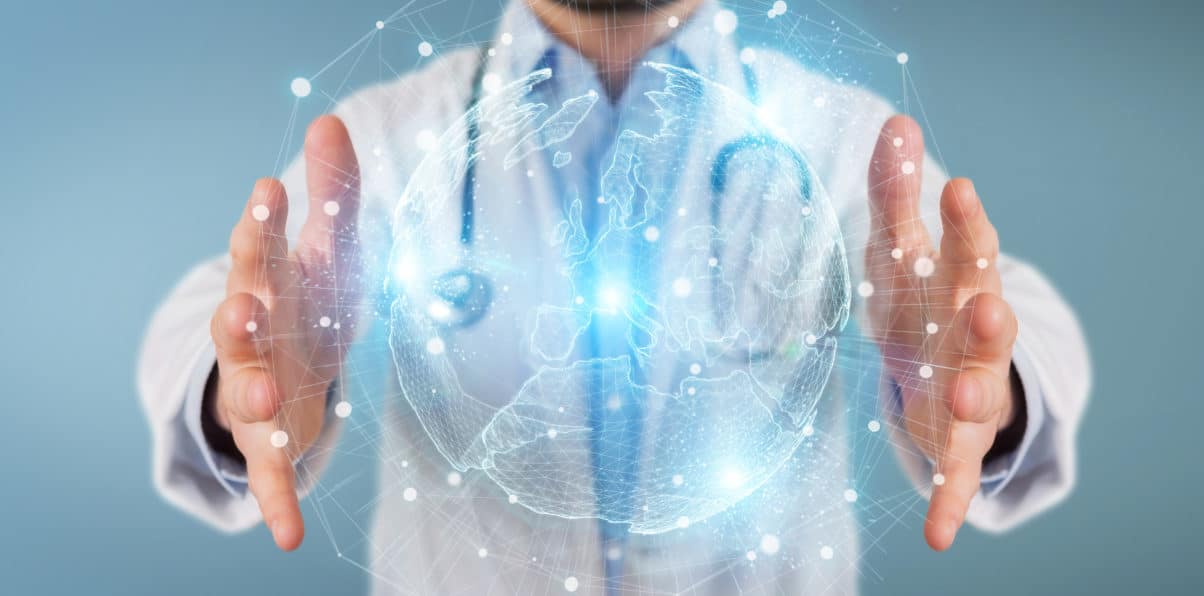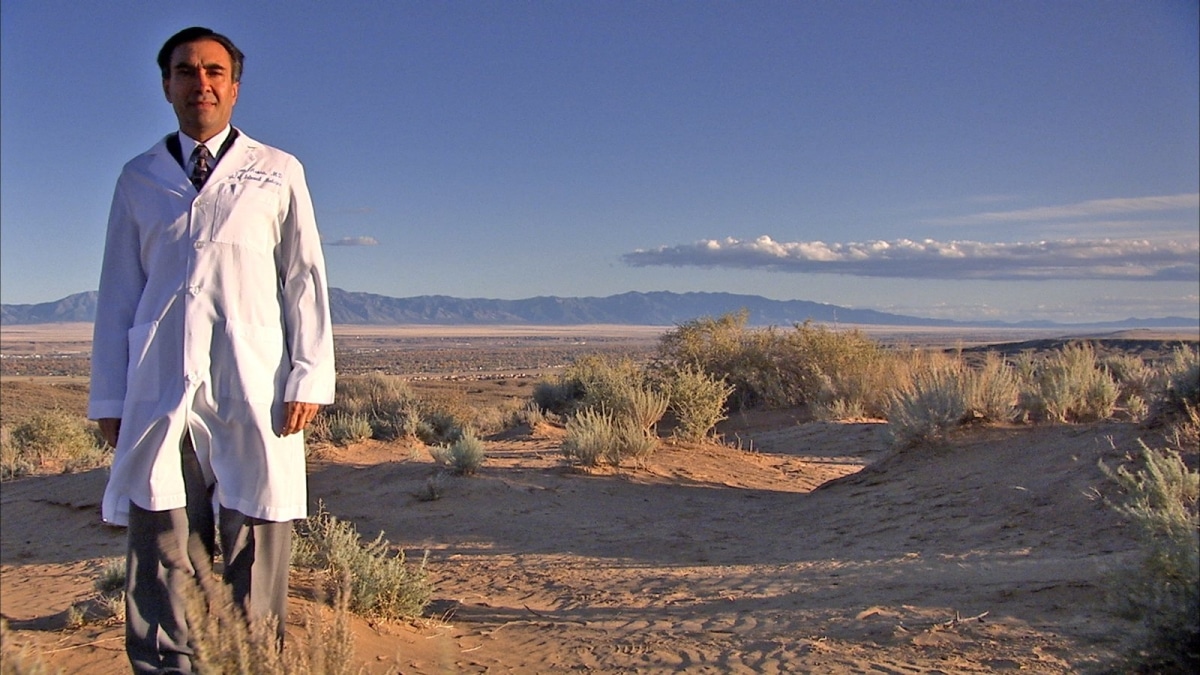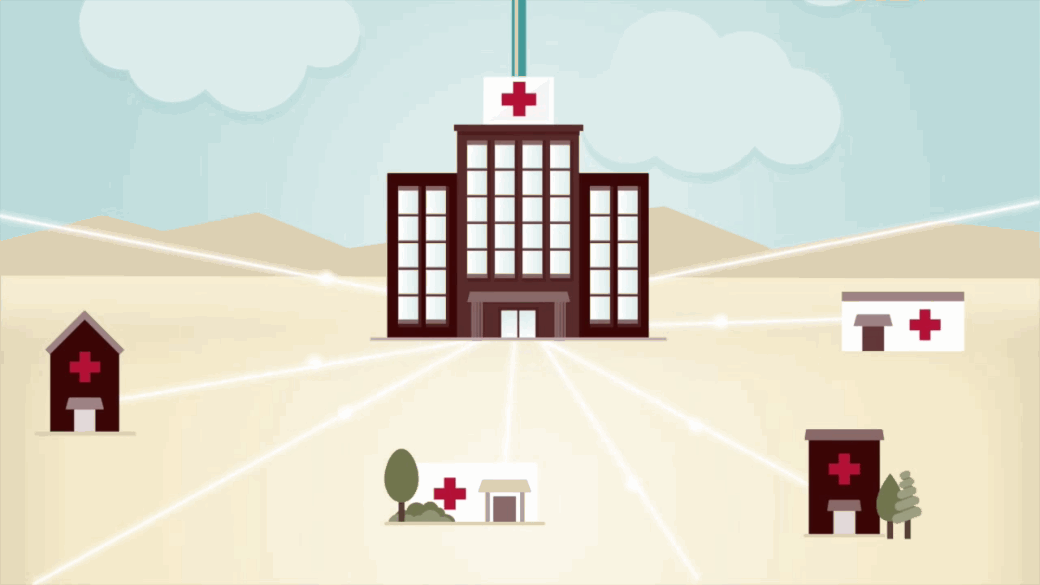United States (Albuquerque)
As doctors limit face-to-face appointments to align with social distancing rules to slow the spread of the coronavirus, tools that help us take care of a patient remotely – using the resources we have – are very needed. From Egypt to Ecuador, Project ECHO aims to get you a physician where you need it.

“We have to innovate a new model. There is a specialist shortage worldwide. Telehealth multiplies our expertise and works because it’s simple.” – Dr. Sanjeev Arora
Imagine living in a rural area and not having a local gastroenterologist, or psychologist, or infectious or chronic disease specialist? In remote and sparsely populated areas, people often have to travel hours for specialised local care. But now, a ‘telehealth’ movement is working to demonopolise knowledge and amplify the capacity to care for underserved people all over the world.
telehealth (noun)
the distribution of health-related services via telecommunication technologies to allow long-distance patient and clinician contact, diagnosis and monitoring.
Telehealth loosely refers to health care where the patient and the doctor are in separate locations – everything from a simple phone call to specialised machines.
Originating at the University of New Mexico, and launched in 2003, Project ECHO delivers state-of-the-art care and physicians via the Internet to those who need it most: rural, low-income, underserved and often uninsured patients.
Initially designed for patients with hepatitis C, the innovative model of health care education and delivery is improving the treatment of chronic and complex diseases including cancer, chronic pain, substance use, women’s health, diabetes and HIV/AIDS.
ECHO stands for ‘Extension for Community Healthcare Outcomes’ and was created by Dr. Sanjeev Arora, MD (pictured below), a liver disease doctor in Albuquerque who was frustrated that thousands of New Mexicans with hepatitis C could not get the necessary treatment.

Sanjeev decided to put local clinicians together with specialist teams at academic medical centres in weekly virtual ‘teleECHO’ clinics.
Today, Project ECHO operates more than 120 hubs for more than 60 diseases and conditions in 23 countries – from Ecuador to Egypt. Treatment for hepatitis C is now available at centres of excellence across New Mexico, and more than 3,000 doctors, nurses and community health workers provide treatment to more than 6,000 patients enrolled in Project ECHO’s comprehensive disease management programs.
Through increasing the adoption of telemedicine, mentoring an educated pool of connected community-care providers, healthcare providers across the country can overcome physical isolation.
This is particularly useful in the face of the novel coronavirus, as hospitals are not able to understand and absorb all the data. Specialists can use ECHO as a knowledge network; asking questions as a community, learning from each other and helping patients at the same time.
AtlasAction: Join an ECHO.
Project leader
Dr. Sanjeev Arora, Director and founder
Support the Atlas
We want the Atlas of the Future media platform and our event to be available to everybody, everywhere for free – always. Fancy helping us spread stories of hope and optimism to create a better tomorrow? For those able, we'd be grateful for any donation.
- Please support the Atlas here
- Thank you!



